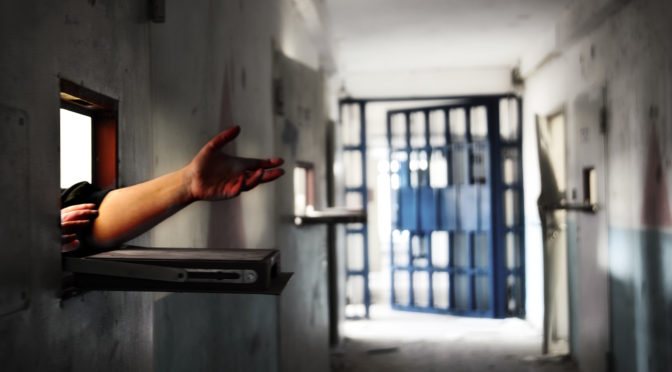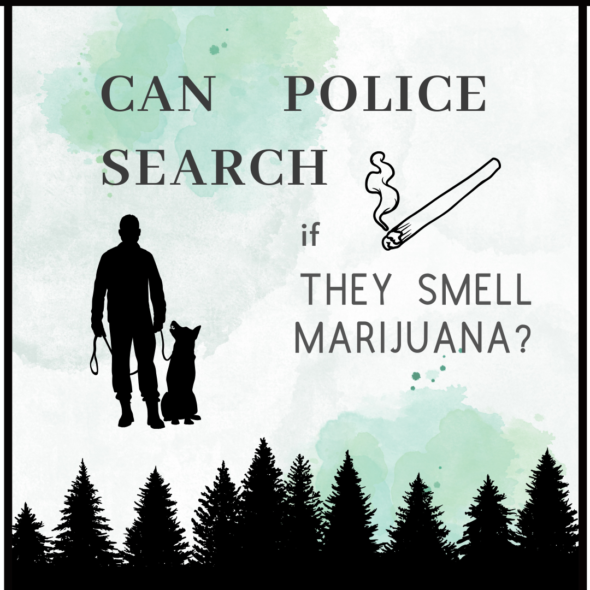After you are arrested, continue to assert your 4th Amendment right to refuse search (except when arrested for DUI) and 5th Amendment right to remain silent.
right to remain silent
It is very important to remain silent because your own statements can be used to convict you. Wait until your attorney is present before you make any statements to police.
Statements that seem innocent such as, “I didn’t mean to do it,” “I drank much earlier today,” or “he pushed me first,” are actually confessions to a crime.
Tips and Tricks to Remaining Silent
Confessions are an easy way for police to secure an arrest and for prosecutors to obtain a conviction. Although you have the right to remain silent, the police have developed strategies to get you to talk.
“if you didn’t do anything wrong, tell me what happened.”
You may be guilty of a crime even though you didn’t do anything “wrong.” For this reason, it is best to say nothing to police until your attorney is present.
waiting for you to start talking
If you start a conversation with police, you have waived the right to remain silent. Remember: “Any statements you make can be used against you in a court of law.”
“you have the right to remain silent…”
The Rule
If police do not give you this well-known Miranda warning, your confession could be excluded from criminal proceedings.
Miranda Limitation
However, the Miranda rule only excludes confessions that occur during “custodial interrogations.” Those are interrogations that occur in police custody, typically in a holding area or at a jail.
Police Strategy
Police usually follow the Miranda warning with “Do you want to waive these rights and talk to me?” You can invoke your right to remain silent by stating, “No. I don’t want to talk to you.” If you remain silent, police may continue to talk to you. You can re-invoke your right at any time by saying “I don’t want to say anything else, I want to talk to a lawyer.”
right to refuse search
It is also important to refuse search because evidence found during the search can be used to convict you. If you consent to search of your property, you waive your right to contest the search in court.
Exception: Arrested for DUI
If you are arrested for DUI, you must provide a blood, breath, or urine sample to determine you blood alcohol concentration (BAC). Failure to provide a sample can result in additional criminal charges AND further DMV action against your license.
Tips and Tricks to Refuse Search
Consensual search is any easy way for police to secure an arrest and for prosecutors to obtain a conviction. Although you have the right to refuse search, the police have developed strategies to convince you to consent.
“sign a consent to search form to get your phone back”
If police believe there is evidence of a crime on your phone, they will not return it to you unless you consent to search. We all “need” our smart phones, but you will likely be better off refusing search and picking up a temporary phone.
“if you don’t consent, we will get warrant”
You have the right to insist police obtain a warrant, except when you are arrested for DUI. Requesting a warrant will delay the police, so be polite and let them know you respect them and their job.
“if you have nothing to hide, let us search”
Your personal items are private and you have the constitutional right to refuse search.
“if you work with me, I’ll work with you”
Even if you cooperate with police, they are not legally required to help your case.
























